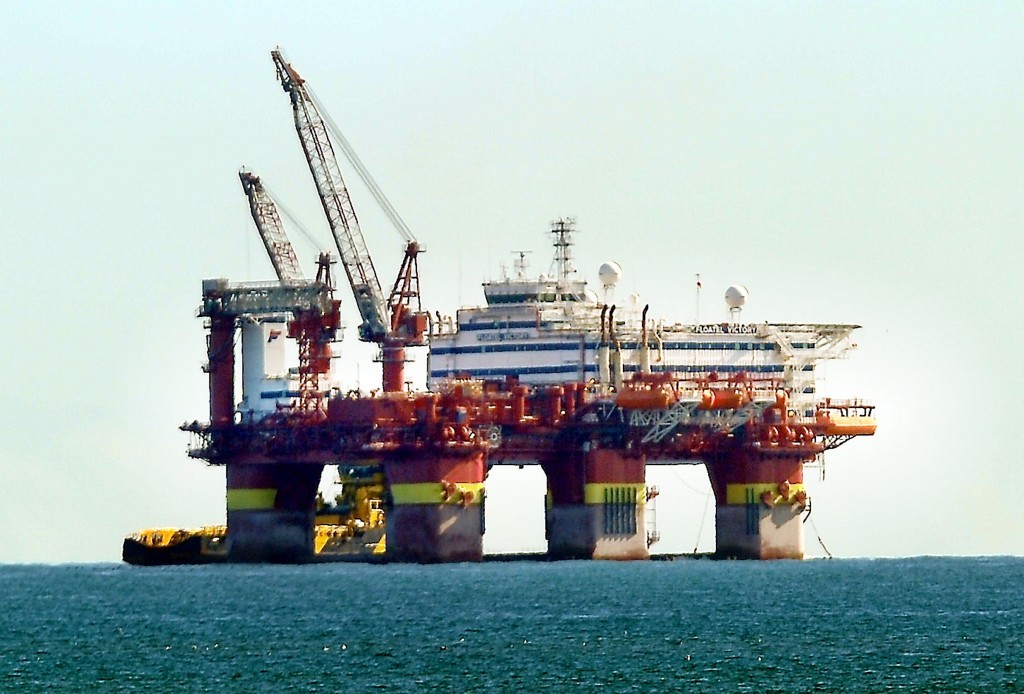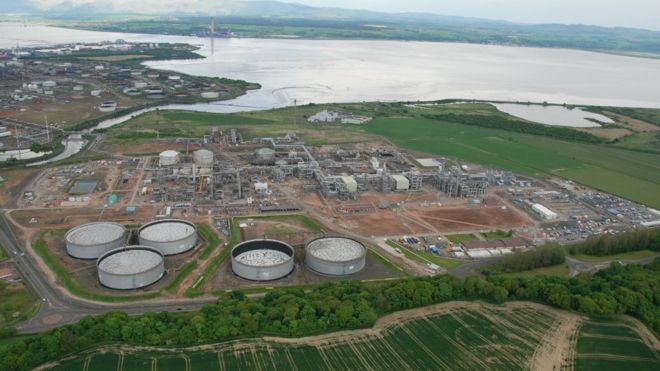
Petrochemicals giant Ineos is gearing up for a big push on its crucial North Sea Forties pipeline life extension project after Covid caused a year-long delay.
The Forties Pipeline System will shut down between May 27 and June 16 to allow critical work to be carried out, with the main focus on Cruden Bay.
The 310-mile long system opened in 1975 and is responsible for transporting about 40% of UK North Sea oil and gas to shore.
Ineos announced its plans to invest £500 million to keep the system open and reliable for at least a further 20 years in February 2019.
The company, which bought the system from BP for £190m in October 2017, intended to shut down the pipeline last year so that key parts of the project could be worked on.
But the pandemic prompted Ineos’ clients to request a one-year deferral of this phase, to which the operator reluctantly agreed.
Andrew Gardner, chief executive of Ineos’ FPS business, said the delay was “unwelcome” given that the company was ready to undertake the work in 2020.
Mr Gardner said the delay would have increased the overall cost of the FPS improvement programme, but only by about 1-2%.
The shutdown phase commands about £70m of total expenditure on the 5-6 year upgrade project.
About 60-70% of total spending was to be focused on a new gas processing train at the Kinneil oil terminal in Grangemouth, with two older ones being retired.
During the looming outage, Ineos will complete the installation of a new pipeline protection system at Cruden Bay, the transition point between the offshore and onshore lines.
The construction phase at Cruden Bay has kept about 150 people busy, on and off-site, a figure which will drop down to 90 for the tie-in phase during the full system shutdown.
The company will also lay new over-ground pipework and replace a number of critical valves to keep FPS fit for purpose beyond 2040.
Valves will be replaced offshore at the Unity platform, which is a reception point for oil from the 80 North Sea fields which use FPS.
Around 100 staff will be based offshore on the Floatel Victory accommodation vessel for work on Unity.
Mr Gardner said the capacity of the flotel – roughly 550 – meant Ineos FPS would be able to safely implement Covid isolation restrictions.
A number of sites along the onshore landline will be excavated and inspected, creating work for 40 people daily, while 75 carry out checks and repairs at Kinneil and Dalmeny.
The landline checks should prevent a repeat of the unplanned outage which struck in December 2017.
A leak was discovered near Netherley, Aberdeenshire, leading to the disruption of North Sea production and evacuation of local residents.
Mr Gardner believes his estimate of 500 new jobs being created by the FPS upgrade programme will turn out to be spot on, if not conservative.
He also said the majority of contracts have been awarded to Scottish supply chain companies.
Mr Gardner said: “We are working towards the goal of delivering the investments that will ensure we provide a safe, secure and reliable transportation network for our existing and future customers in the North Sea beyond 2040.
“At the same time, we are also working towards reducing the emissions across FPS facilities to meet our aggressive 2030 and 2045 net zero targets and the significant part that the FPS business and its infrastructure/pipelines network can play in that transition for our offshore customers.
“The UK is going to need oil and gas through to 2050. UNFCC acknowledges the need for fossil fuels through the energy transition. This makes a reliable, efficient transportation system necessary for the UKCS.”
Recommended for you


